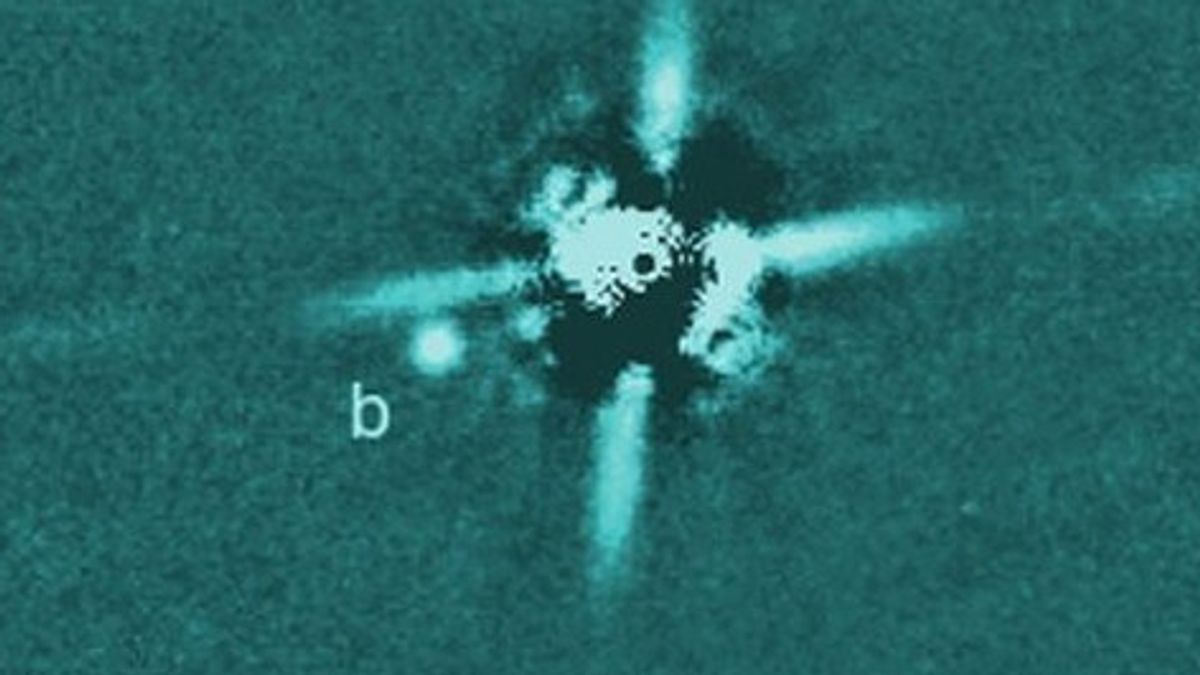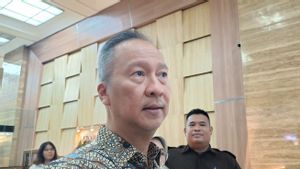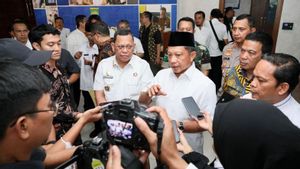JAKARTA - Researchers led by the University of Hawai'i at Manoa have discovered one of the youngest planets ever observed. Claimed to be like a newborn planet.
They had actually seen young planets before, but rarely this young. Dubbed 2M0437b, it is one of the youngest planets ever discovered, forming only a few million years ago, around the same time that Hawaii's main islands emerged from the ocean.
This newborn-like planet was found in the Taurus Cloud nursery because it's quite young, so it's still emitting lava-like heat from its birth. By discovering this planet, it is a very rare opportunity to observe the nascent planetary world directly.
Furthermore, the first time researchers saw the planet was in 2018 using the Subaru Telescope at the Keck Observatory on Maunakea to track a star orbiting 2M0437b, and confirm that it is actually a planet from the star and not a more distant object. Researchers took three years to determine since the star moves very slowly across the sky.
Researchers still need to use special optics, that's because the planet has a much wider orbit than many of the other planets in its Solar System, and is nearly 100 times farther from the Sun than Earth. When viewed from the Sun, it's more difficult without the new adaptive optics technology.
"This coincidental discovery adds to the elite list of planets that we can observe directly with our telescopes," said Eric Gaidos, lead author and professor at UH Mānoa.
But they spent the next three years using the Keck Observatory and other Hawaiian telescopes to track the planet and make sure it was bound to its host.
Future observations could shed more light on how planets form. It may also not take longer to gather more details. Researchers hope the James Webb Space Telescope can help detect atmospheric gases and the newly formed moon. Like how the planet 2M0437b formed.
The English, Chinese, Japanese, Arabic, and French versions are automatically generated by the AI. So there may still be inaccuracies in translating, please always see Indonesian as our main language. (system supported by DigitalSiber.id)













